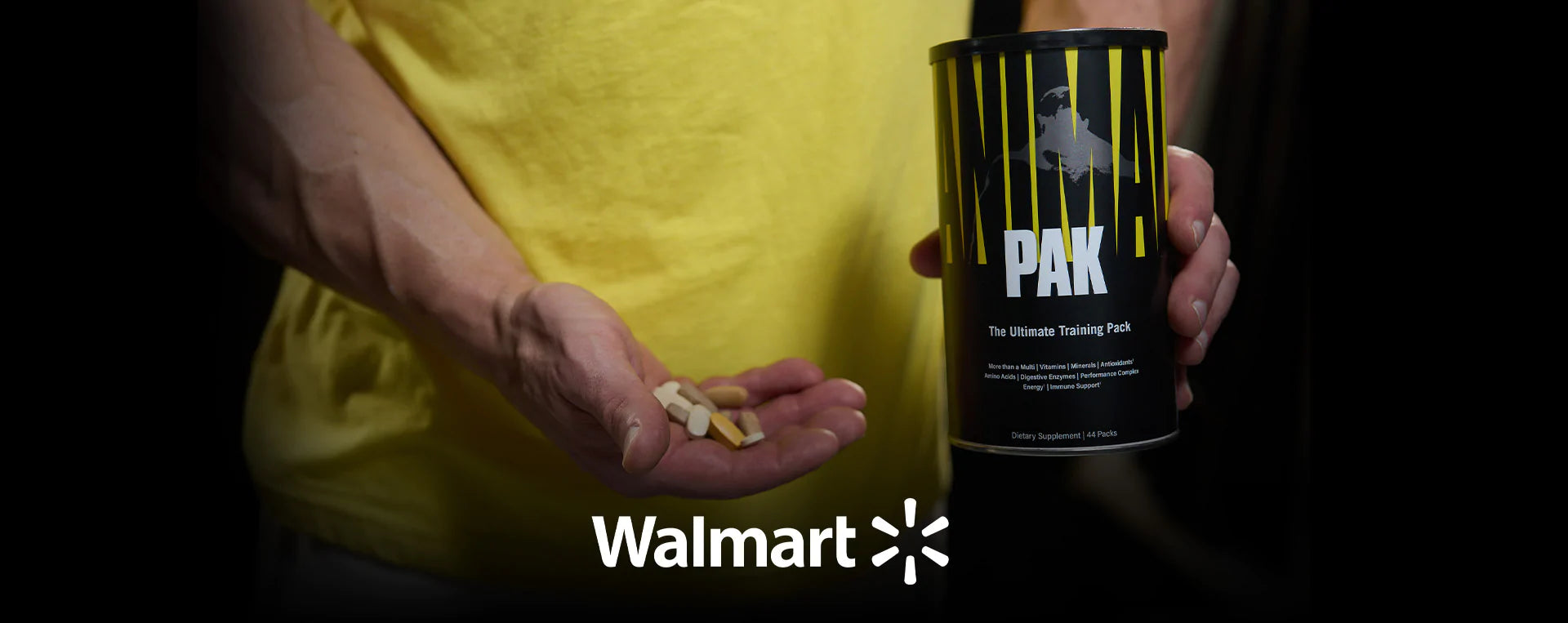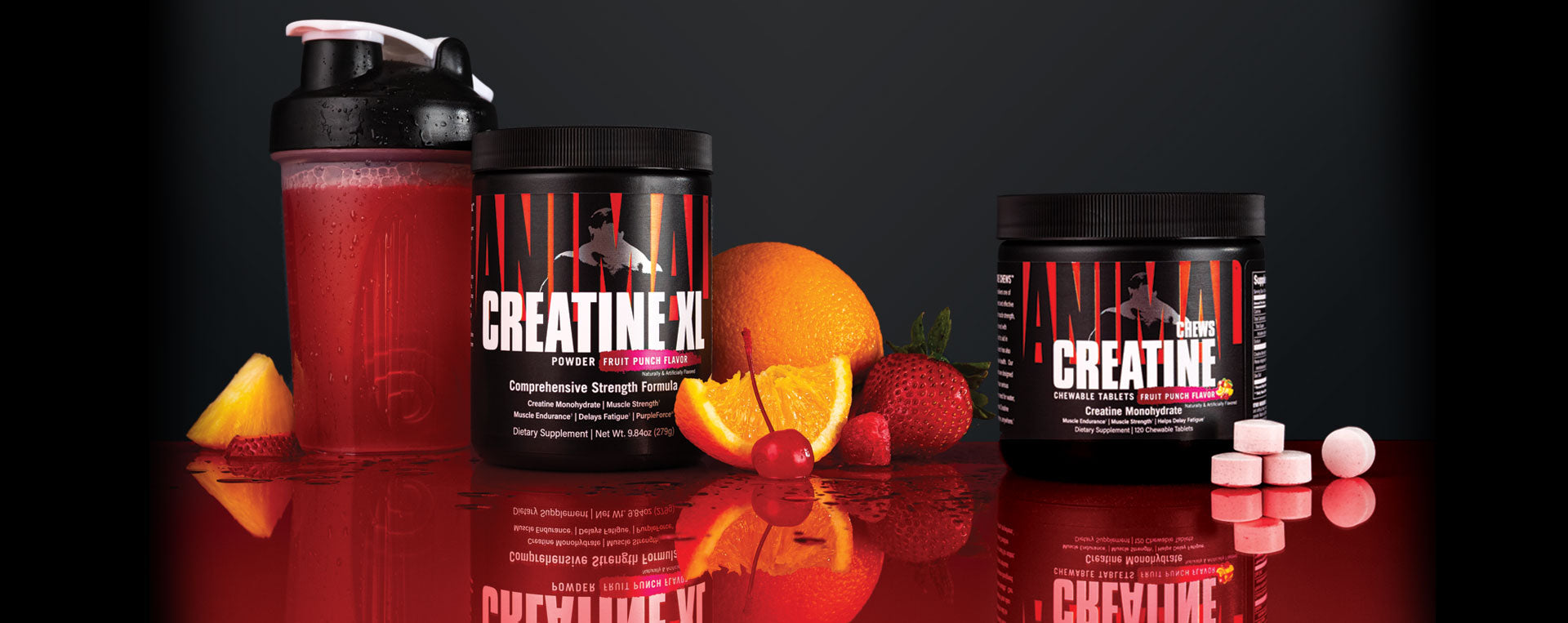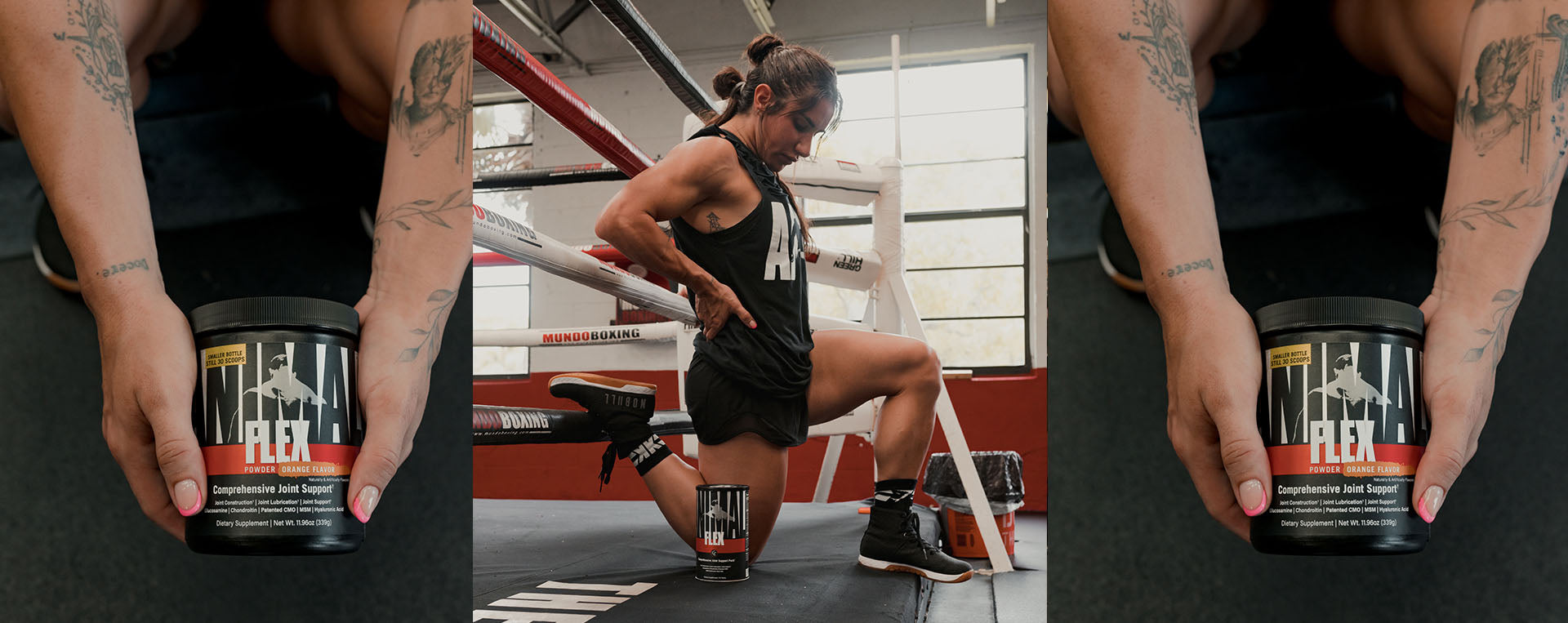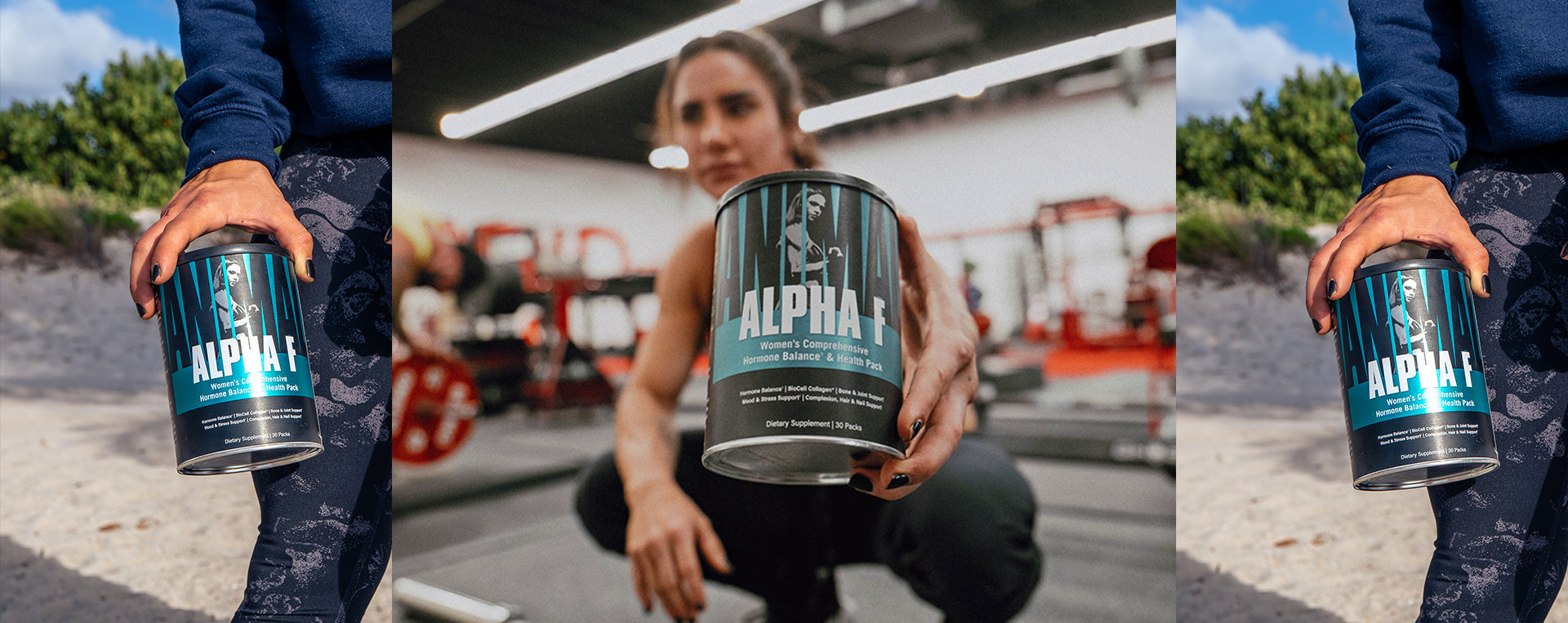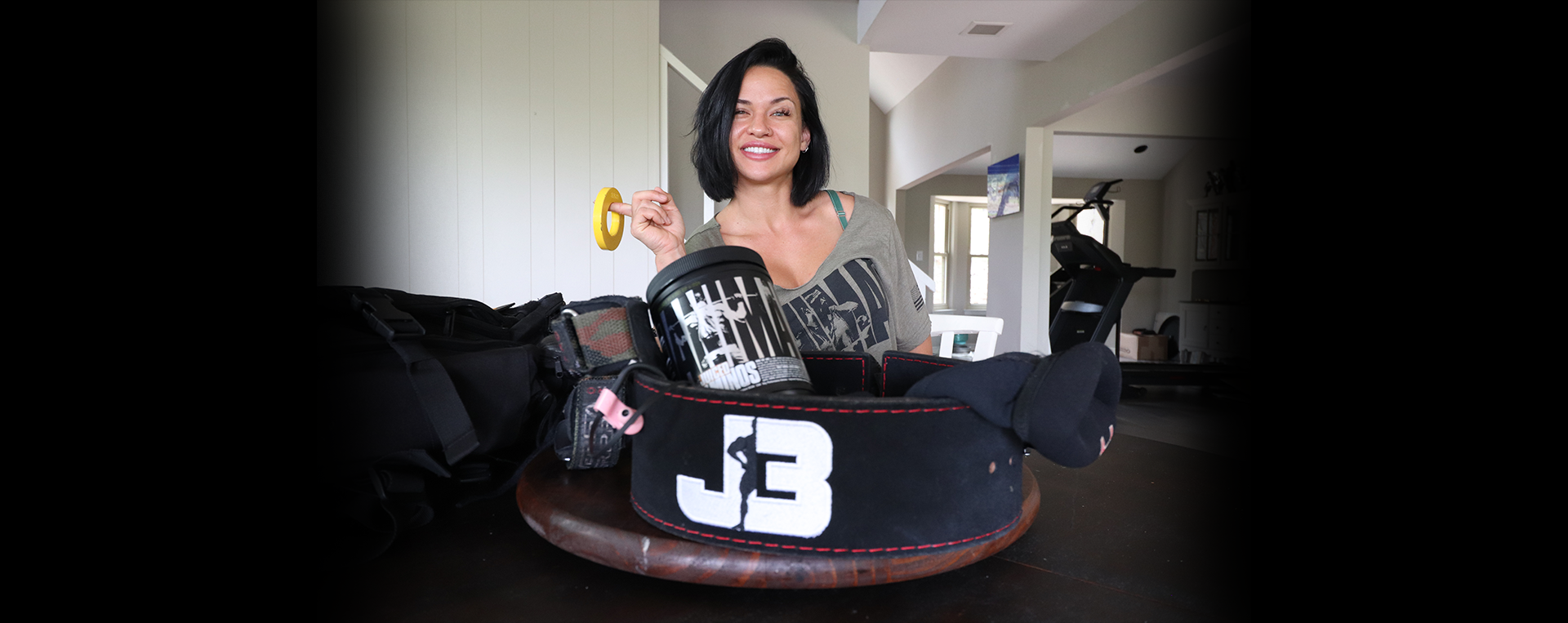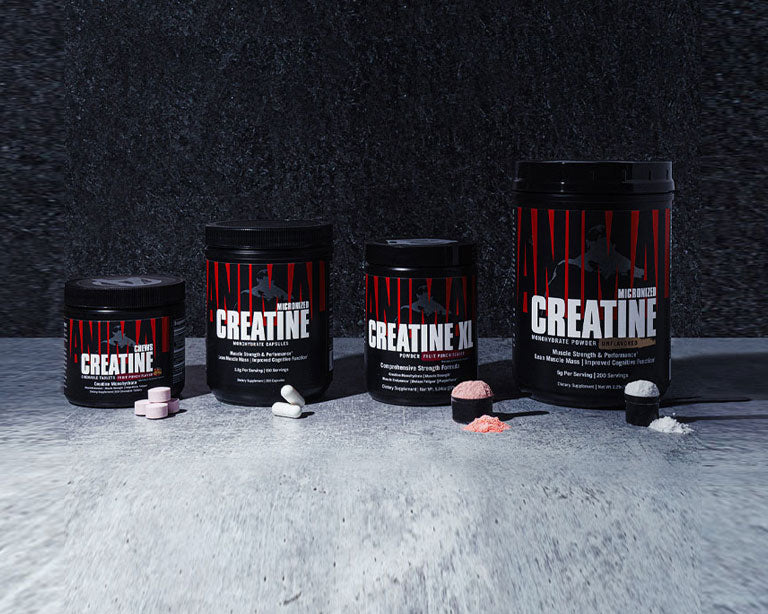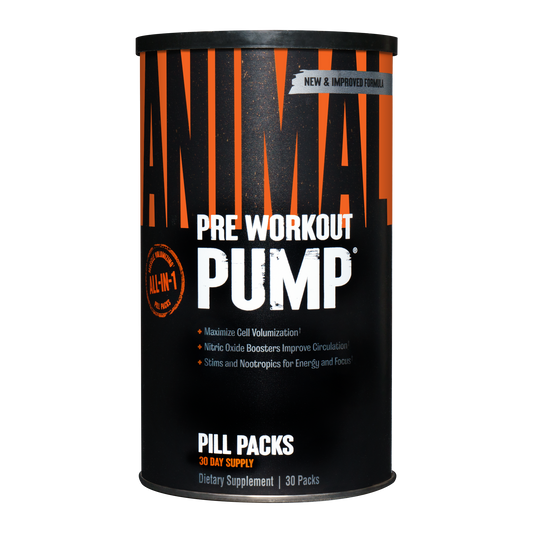Stress is a natural and needed part of life. Our caveman ancestors relied on the stress response for survival. If they encountered a tiger, their body would perceive stress and respond with a release of the correct hormones to enable escape. Stress can come in the form of exercise and can even be internally generated by thoughts of the mind. Acute stress is needed, but problems arise when we are in a chronically stressed state. Stress could be hindering your fat loss and even your muscle gain.
Sources of Stress
Let’s take a look at a hypothetical stressful day. The cat jumps on John in the morning, waking him up for the day an hour earlier—a stressful start already. He then was late to work and the boss yelled at him, causing lots of anxiety. In the rush of things, he didn’t pack his meals and had to wing it at Chipotle. Just thinking about his lack of gains from being off plan causes more stress to build. John finally gets to the gym and has a subpar workout. The log book was not beat today. At home, John gets to sleep early but lies awake worrying about having a better day. Then the vicious cycle continues. Everything in your day can cause a stress response whether it is exercise, an interaction with a person, lack of sunlight, or overthinking. When this happens day in and day, you end up in a chronically stressed state.Stress Physiology
When the body is stressed, the sympathetic nervous system is active and there is a large rise in cortisol levels and adrenaline. These hormones are needed to liberate energy from fat stores, increase serum glucose, and spare muscle glycogen. Basically, it gets the body in a heightened state to use energy, which a caveman would need to run from a tiger. Most of us, however, don’t run from tigers. We sit at a desk and have high levels of circulating glucose that we are unable to uptake into cells. This is how chronically elevated cortisol levels leads to insulin resistance. As we become more insulin resistant, energy is more likely to be partitioned to adipose tissue than it is to be oxidized for energy. Chronically elevated cortisol can also increase amino acid gluconeogenesis. You lose your hard-earned muscle gains when the body tries to use amino acids to make more glucose.Stress can increase the intake of comfort foods. When you feel bad, eating a donut gives you some feel good emotions, which starts forming the neurologic pathway to be ingrained in your mind. So the next time you feel bad, you trigger the same pathway that reminds you that eating donuts makes you feel better. Stress affects digestion as well. Digestion is operated by the parasympathetic nervous system (PNS), the opposite of the sympathetic nervous system (SNS). Remember, when we are being chased by tigers, the SNS is active and digestion goes to the wayside—food will just sit in the gut. We need to be in a rested state for food to digest properly. If you are chronically stressed, digestion can be very poor and many will experience bloating, constipation, acid reflux, and diarrhea.
Stress also causes water retention. The body produces cortisol from progesterone, which decreases progesterone and testosterone. Low testosterone in turn increases estrogen levels. Now we have a real hormonal mess and likely look like a water balloon from all the water retention. Additionally, cortisol production is stimulated by the release of corticotropin-releasing hormone (CRH) and adrenocorticotropic hormone (ACTH) by the hypothalamic-pituitary-adrenal (HPA) axis. This axis will not only cause cortisol production, but also production of aldosterone. High aldosterone levels cause sodium reabsorption and water retention. This is why a stressed person can start retaining water.
Effects for the Physique Athlete
Looking at the physiological effects, it is clear how high stress can impact us as bodybuilders. We can plateau in our fat loss and muscle building endeavors, and our fat loss may even be masked by water retention. Stress is only compounded by the lack of results and a continued diminished look of your physique. Then, many of us might train more and harder. This results in even worse results and a crashing halt to progress. You likely will notice many signs of overtraining such as decreases in strength, muscle pump, and recovery. You can have the perfect diet, training plan, and supplement regimen, but if those are implemented in a stressed body the result will never be optimal. You must assess the stress in your life and determine if it may be the culprit to your issues.Countering Stress
There are supplements to help stress, but the best option is to cut stress out where possible. Let’s look over what we can do about stress.- Unhealthy Relationships: We all have people in our lives who drain us emotionally. Maybe it is time to go separate ways.
- Stressful Job: Most of us need a job, but there are other options in the work force.
- Lack of Sleep: Make sure you set aside time to get 7-8 hours each night. Make your bedroom a quiet place to help you wind down.
- Time Management: Be efficient with your time and always have a plan. This will prevent fewer moments of unpredictability that can cause stress.
- Mental Conditions: Many suffer from depression and anxiety or other conditions that could be affecting your perceived stress. Check with your doctor to take care of your mental health.
- Mediation/Yoga: Whether it’s quiet time for 20 minutes, reading, or a walk, some down time to unwind from the day can do wonders for stress.
- Time To Eat: Sit down for a meal and focus on the meal. Try not to keep the mind active and excited about the day.
- Stop Overtraining: If you show symptoms of overtraining, take a few days off from the gym. This is also not the time to add in more cardio or more sets of weights. Move to a maintenance training program with half the training volume.
- Get Your Blood Work Checked: Ask your doctor for a full hormonal panel to check for metabolic abnormalities.
- Phosphatidylserine: 600-800mg per day can lower cortisol levels and get fat loss back on track, along with decreasing water retention.
- L-Theanine: 200mg per day before bed has a calming effect and may reduce anxiety.
We no longer have to run from tigers, but the modern life we face has us running from many other threats. Don’t let stress run your life. You are in control of your life and your thoughts. Make the changes that will enable you to live well and to continue to make great progress in your physique.







